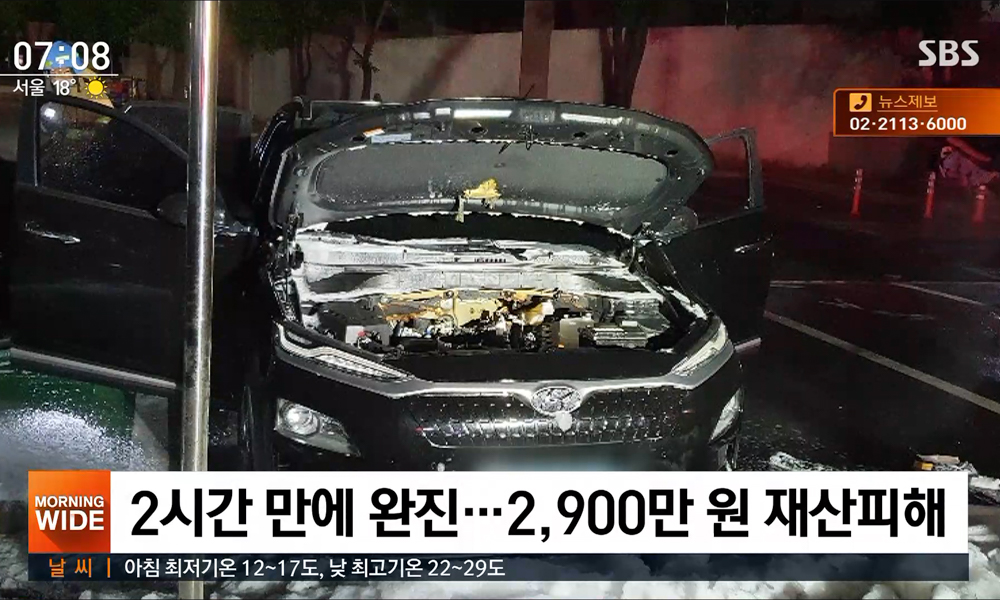
In what appears to be a repeat of Samsung’s Galaxy Note 7 smartphone debacle, carmakers are in the proverbial hot seat over electric vehicles that seem to cook themselves due to overheating battery packs. This has led to several companies recalling their products in an effort to curb such incidents as EV usage becomes widespread globally.
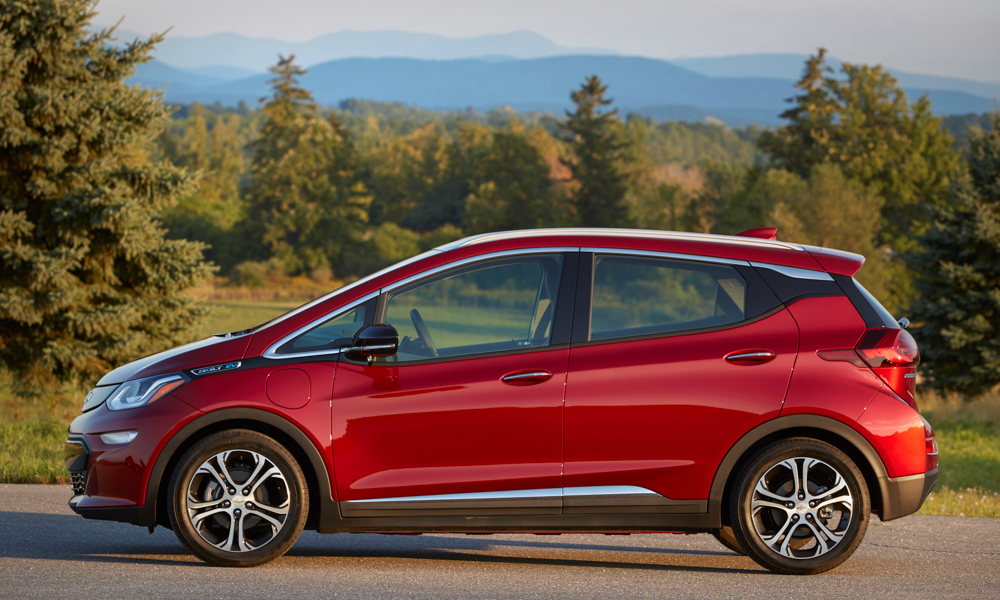
General Motors comes under NHTSA scrutiny following reports of Chevrolet Bolt EVs catching fire while parked. Over 77,000 units produced from 2017 to 2020 are being investigated. In response, GM issued a recall affecting 69,000 vehicles. The fix will limit the maximum charging capacity to 90% in an apparent bid to reduce the onset of overheating.
Tesla is arguably one of the world’s most experienced EV manufacturers, but it’s also facing problems after potential flaws in its Model S and Model X vehicles could lead to spontaneous fires. This is supposedly link to a lawsuit filed against the company over a software updated that limits the range of aging vehicles.
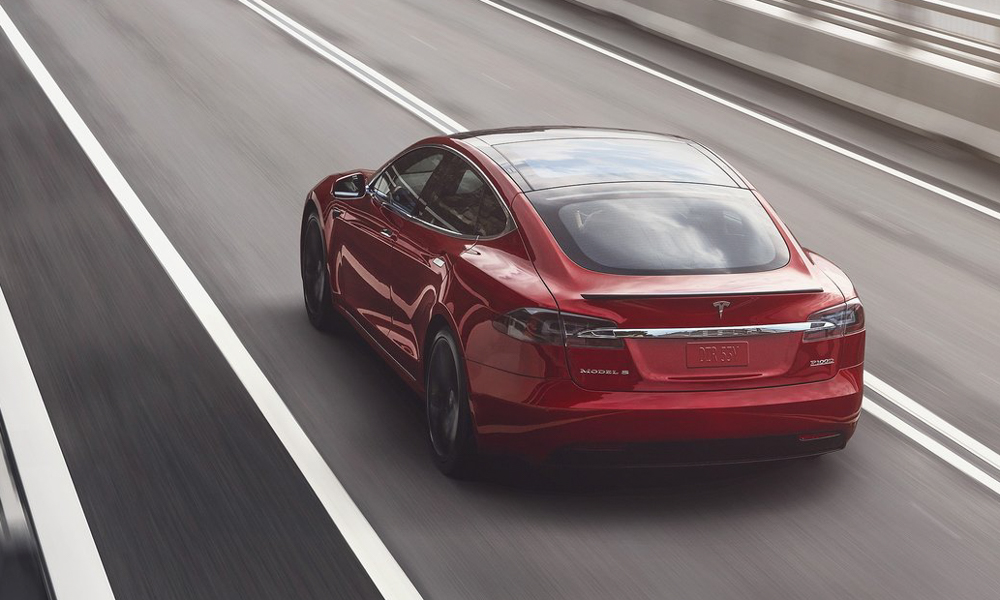

BMW will recall over 4,500 hybrid vehicles in the US and close to 26,000 plug-in hybrids in Europe due to potential battery problems. Such defects can supposedly lead to excessive heating of the battery packs. According to the automaker, there may have production flaws in its battery supplier, Samsung.
Ford has recently issued a recall for over 20,000 Kuga plug-in hybrid crossovers and temporarily halted sales of the vehicle due to several reports of cars going up in flames. The recall will entitle customers to a battery pack replacement as investigations have uncovered deficiencies in the supplier’s manufacturing operations. These incidents have significantly delayed the launch of the electric Escape SUV which uses the same batteries.
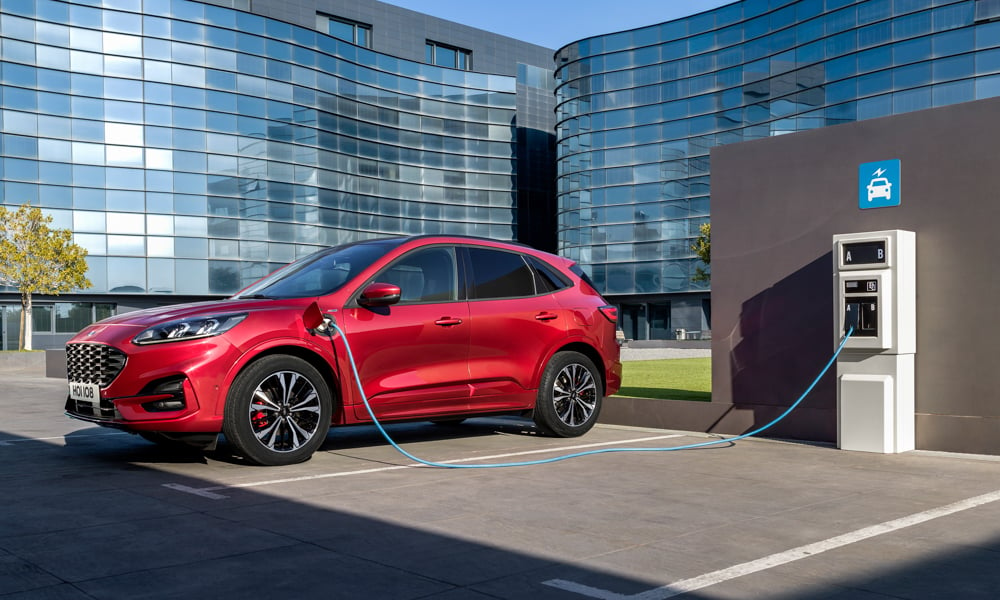
Korean carmaker Hyundai has had it worse with several of its Kona EVs burning to a crisp in a number of countries over a period of two years. Over 74,000 vehicles will be recalled as a result, due to damaged lithium-ion cells which could lead to a short circuit. The company says a software update for the vehicle’s battery management system should solve the problem.

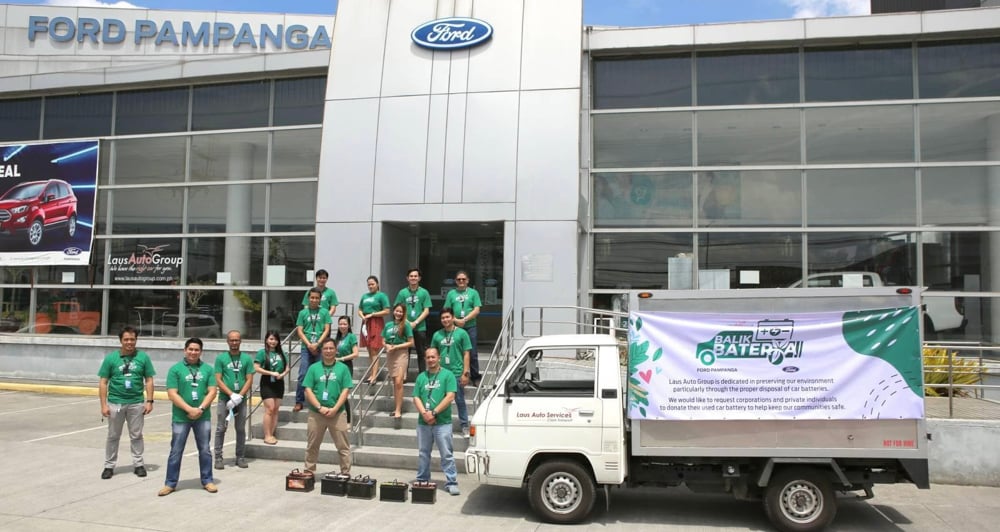
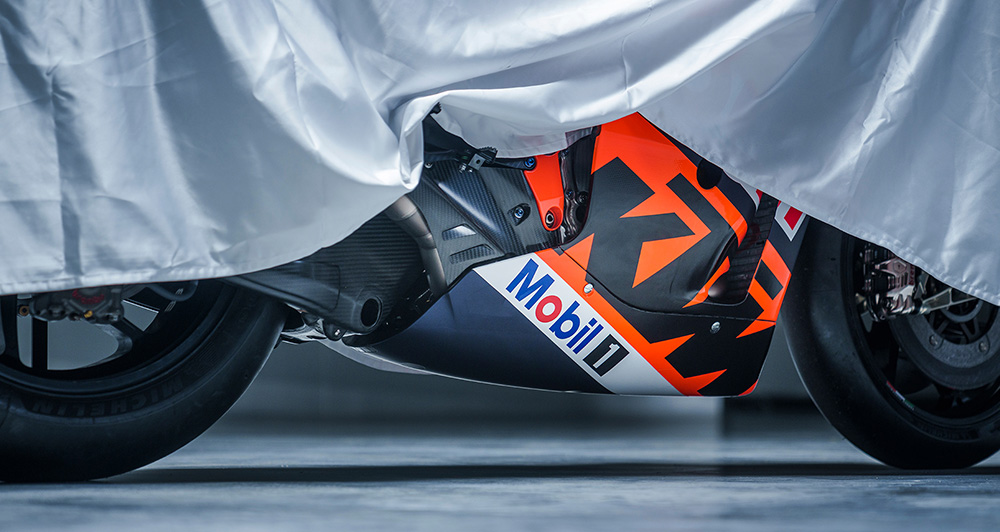
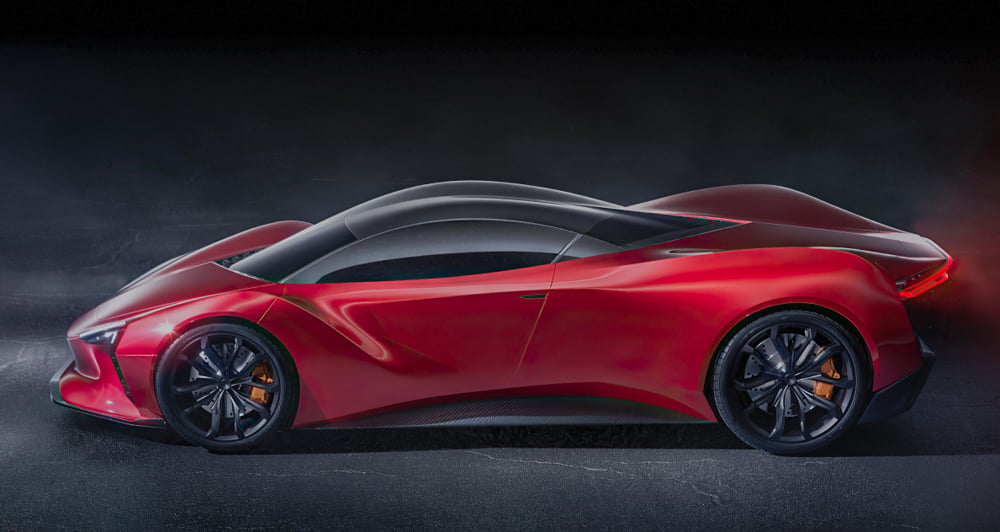

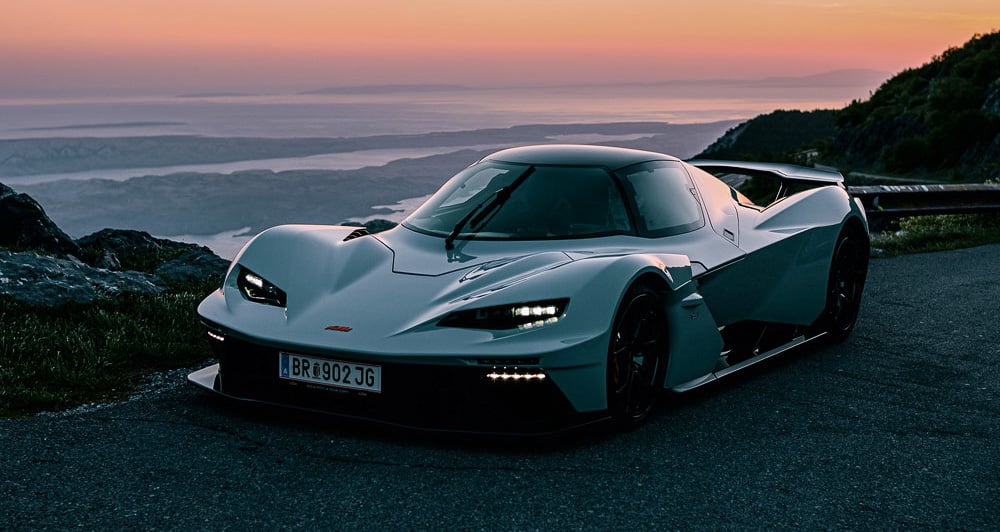
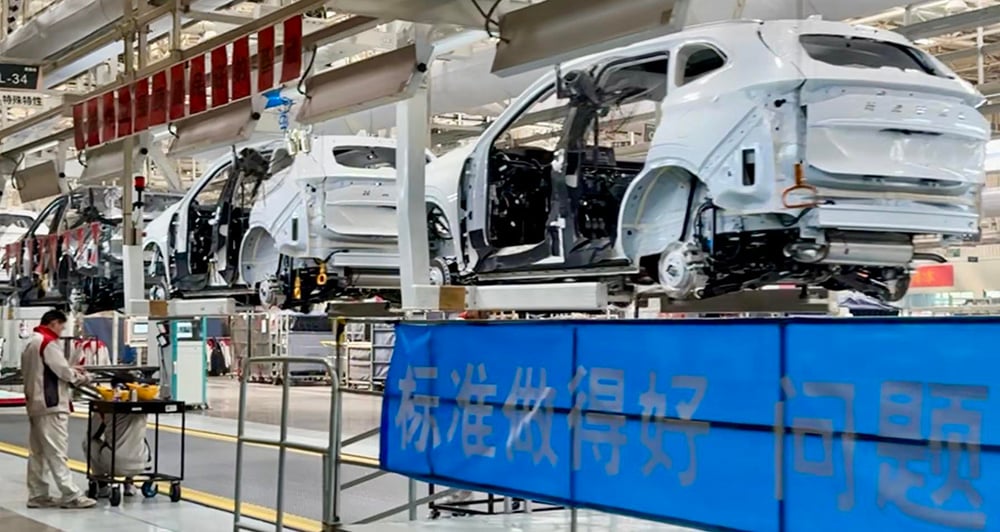
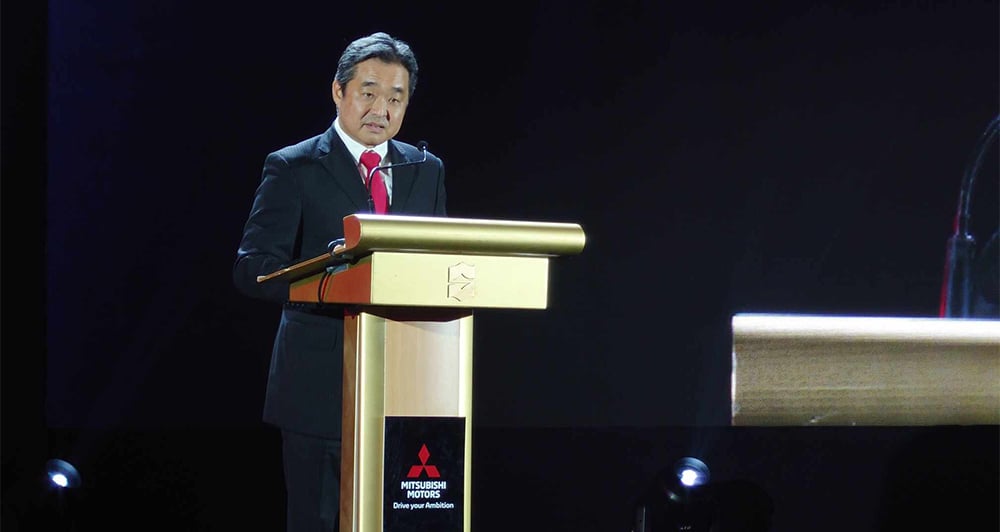
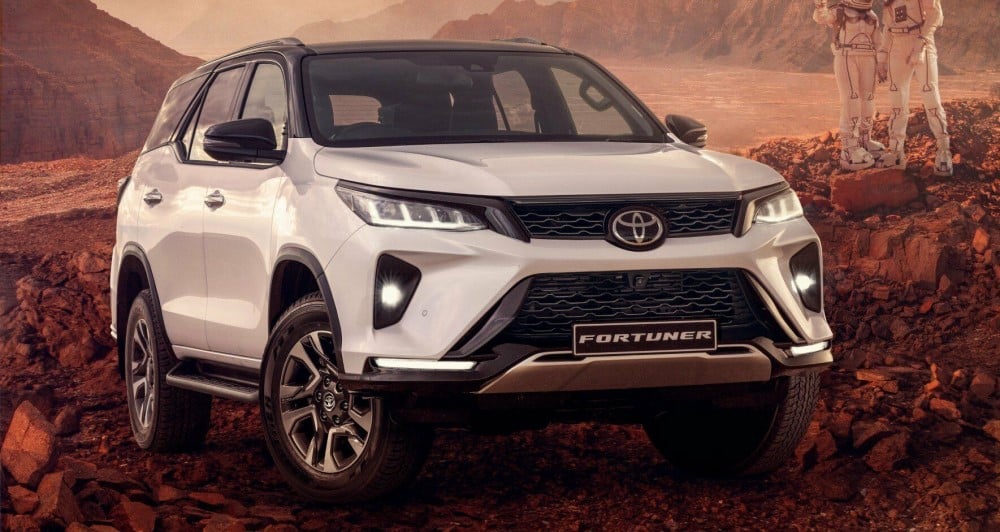
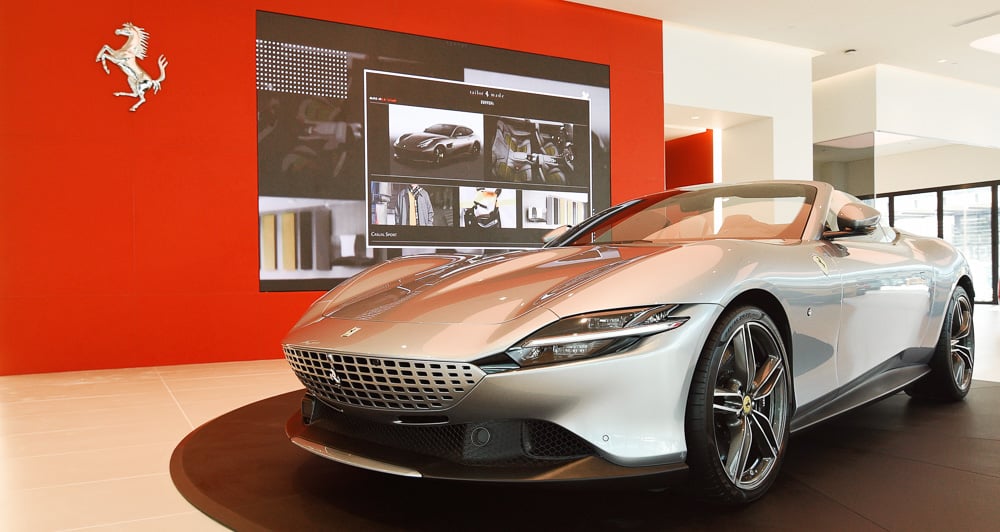
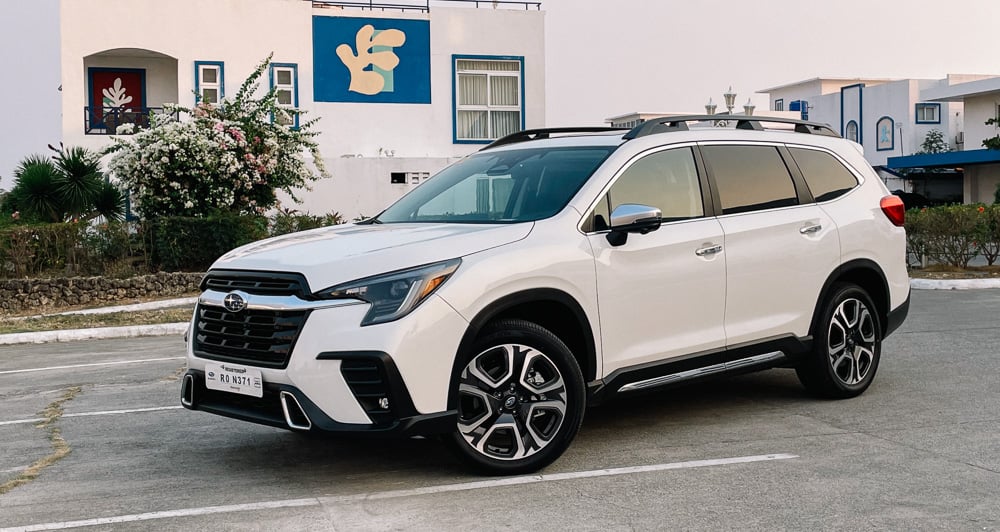
Comments